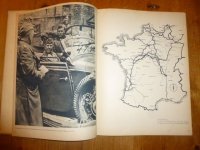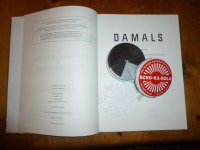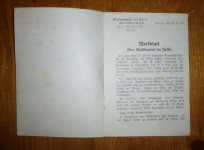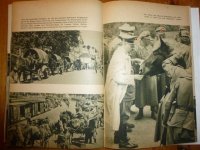gummipuppe
Señor Member biatch
The German army was never a fully mechanized army such as that of Great Britain or the USA, horses were always used in the German army and they played an important role in the German army.
One of the logistical problems in the Stalingrad/Caucasus offensive (operation blue) was the enormous amount of horse fodder that needed to be transport over huge distances to keep the German army moving and operating.
Yes! Movies and television programs typically show the German soldiers riding in trucks and armored vehicles. Not a horse in sight. Once you actually start studying the history, you will quickly discover that Germany was hugely dependent of horses for pulling artillery, supply wagons, and goulash kanonen (mobile kitchens). On the Eastern Front, Soviet prisoners were put to work cutting down trees and sawing them into wooden runners that were put onto the wagons to get through snow.
German soldiers mostly had to move on foot. To get energy to cover long distances in short order, the soldiers drank cold coffee from their canteens and consumed a lot of chocolate. The marching was facilitated by singing a wide variety of inspiring marching songs. The life of the German soldier was not easy.
Believe it or not, even the Red Army was more mechanized than the Wehrmacht. The Germans would sometimes use captured Russian tractors and trucks to move supplies and artillery vorwärts nach osten.













